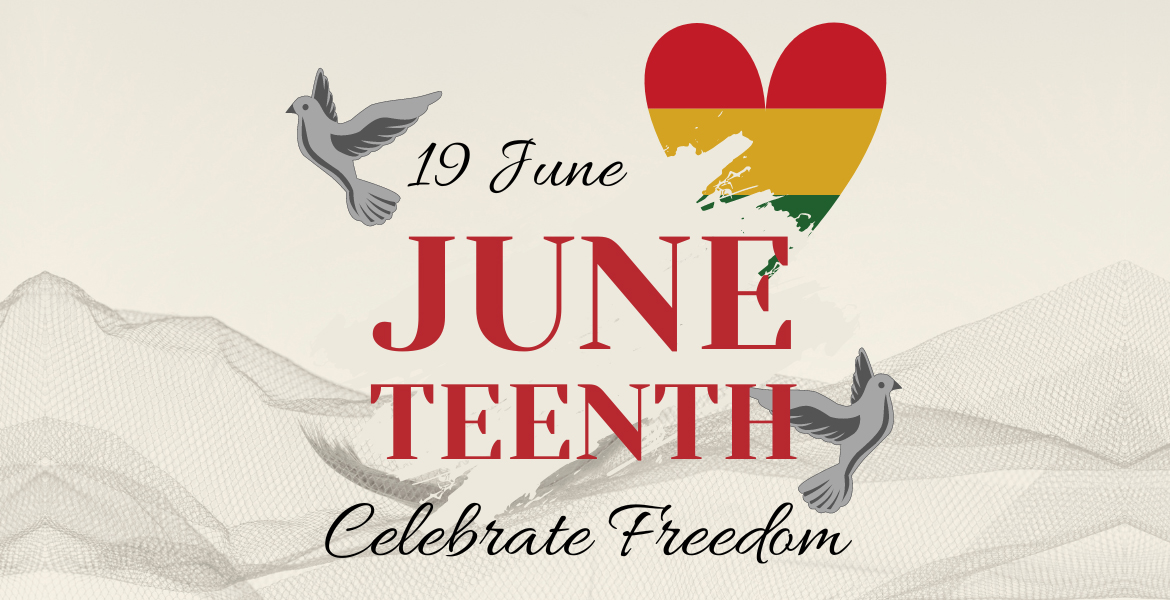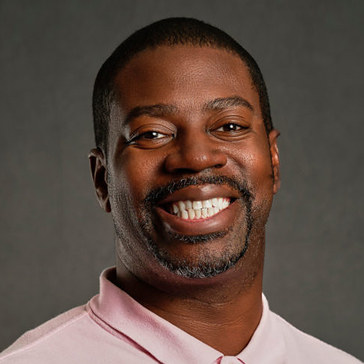
“I’m left wondering if we are all just patchworks of the stories we’ve been told.”—Clint Smith
Do you remember when you were first told about slavery? What about America?
I vaguely remember my first explicit lesson about either, but I do remember being in my 10th grade English class and learning about the Harlem Renaissance—a period where Black artists displayed their brilliance in poems, plays and passionate songs. This artistry was part demonstration, but also part communication. It was our way of signaling to each other—with words—that Black was beautiful. And necessary. Reading Langstone Hughes say “I Too, Am America” helped forge a new identity within me, because words have the power to reveal who we really are.
Do you remember when you first learned about Black people? Was your learning based in a textbook? Was it steeped in jokes and stories? Was it experienced?
How was the word passed to you?
My mom and dad grew up in Memphis, Tennessee. When we would visit my relatives in the early summers of my adolescence, we always visited the civil rights museum. We would pass by Martin Luther King Jr.’s assassination location and see footage from the bus boycotts and counter sit-ins. I learned early on that our struggle to be free, respected and just to be, could cost us our lives.
On one of my summer visits, my relatives were talking about a holiday that I’d never heard before. They called it—Juneteenth. I only remember fragments of their conversations, but I will never forget the tone they spoke with—pride. This celebration was of the time when the word of freedom was passed, finally, to slaves in Texas.
Although time has passed—between that summer when it was privately celebrated amongst my family, and last summer, when it became a national holiday—as a people we have had to make our own Juneteenths.
We have had to celebrate those moments of collective triumph over seemingly insurmountable odds. Those moments when we ‘got the word’ and were immediately connected to the liberation of a loved one, colleague or the larger Black community.
We are still passing words of freedom to one another.
Amidst painful events, like the racist shooting in Buffalo of a few weeks ago or the racist shooting at Mother Emmanuel church a few years ago, we grieve. And then we continue the journey to a time where we can all be free from any harm that comes from individuals who harbor racist words and ideas in their hearts.
We find and pass words of comfort to one another. And then we pass words of resistance. And those words turn into action.
There are personal and professional paths you can take to operationalize your words (and help others turn theirs into action as well).
Personally, you can advocate (words) and mobilize (action) people around a cause that helps to create the conditions for Black people to embody their own freedom.
In my work at Education First, I have begun to find ways to do this through my portfolio and even in the Black Affinity Group (TBD). As I head toward my one year (!) anniversary here, I am grateful to work for a company that helps us create the spaces, tools (equity framework, TOP survey) and projects to push clients from words to actions.
On one project specifically, I was able to visit with principals of schools where Black children were being educated at times through force instead of compassion and connection. The schools would use a term called ‘aggressive monitoring.’
After conducting learning walks and building trust with the principals, I called attention to this term and its implication on how teachers were to interact with their students. I asked if any of the adults in the room would like to be ‘aggressively’ monitored.
The point landed.
They have since changed the term, but more importantly, they have begun to understand how the words that are passed in regards to how we interact with Black children can translate into intentionally/unintentionally harmful acts. Words don’t just arise from nothing. They come from somewhere deep.
Words are the clothes of our beliefs.
So on this Juneteenth, what words are in your hearts about what freedom means for people who look like me? Who look like my teenage daughter and pre-teen son? Who look like my wife?
And how will you pass those words to others who have the power, just like Union Army general Gordon Granger had in 1865, to proclaim liberty to anyone under the weight of oppression?
Because ultimately, if who we are is a collection of the stories we are told, the stories we tell and the actions we take, then what we choose to say—especially now—will always identify who we really are.

